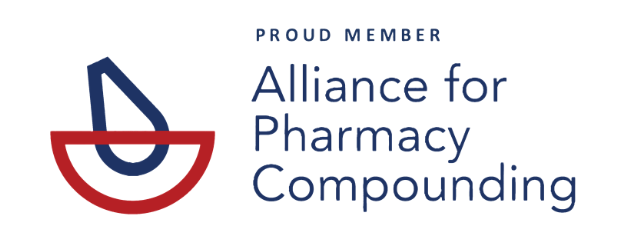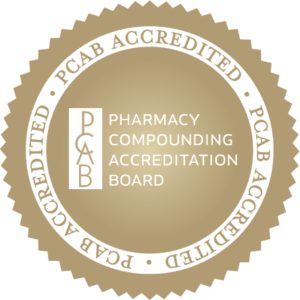A prime example of how compounding pharmacies are changing the landscape of patient treatments is the growing use of drugs in an off-label fashion or form to successfully treat illnesses or conditions for which the drug was not originally intended. One of many examples would be the use of Low Dose Naltrexone (LDN).
A new use for a drug that’s been around for 40 years
Naltrexone, in its standard or higher dosage, is commonly prescribed to treat opiate addiction or alcoholism. Naltrexone is a non-selective antagonist of opioid receptors that has been used successfully in rehabilitation therapy. This on-label usage has been around since the mid-1980s. What’s been discovered since then is that very low doses of this drug are successful when used in non-label scenarios, specifically in treating a wide range of autoimmune disorders and in pain management.
Autoimmune disorders are a class of as many as 80 chronic illnesses where the body’s own immune system turns on itself and attacks the body. As many as 24 million Americans suffer from this type of malady and according to the National Institutes of Health, the number of cases may be increasing.
In this case, “low dose” really means a very small dose. In its initial use for opioid overdose, Naltrexone was administered in a 50 mg tablet. As a treatment of auto immune disorders, LDN is given to patients at 1/100 to 1/10 that dosage, usually at bedtime.
Where a compounding pharmacy counts
Since the only “on-label” use of Naltrexone is to combat alcoholism or opioid addiction, the commercial version is not available in a low-dose form. Physicians and compounding pharmacists are partnering together to make this treatment available in low doses. As is the case with other drugs, a compounding pharmacist is providing the medication in a specialized, custom format for the patient–in this case, an extremely low daily dosage. Even if a doctor was willing to prescribe the medication in its commercially available form for a non-label usage, imagine the difficulty of splitting a 50 mg pill….into a 1/10 or 1/100 piece.
Off-label success
Researchers continue to find new, successful uses of naltrexone in the low-dose form. Doctors are reporting success in treating a variety of common autoimmune diseases including Crohn’s Disease and fibromyalgia. But that is not all. There have been indications of success in managing other diseases including Multiple Sclerosis, HIV, and cancer. In Michigan, there have been clinical trials held to determine whether LDN should be considered a post-hospital treatment for longer forms of the COVID-19 virus.
Health Dimensions Clinical Pharmacy has been providing pharmaceutical solutions to medical and dental professionals as well as their patients since 1996. Locally owned and based in southern Michigan, Health Dimensions Clinical Pharmacy was among the nation’s first compounding pharmacies to earn accreditation by the Pharmacy Compounding Accreditation Board (PCAB) of the Accreditation for Healthcare Commission (2006). Our mission is to partner with healthcare providers to provide service excellence, accuracy, and rapid response for improved patient outcomes. To learn more about building a partnership, call Health Dimensions Clinical Pharmacy at (800) 836-2303.











